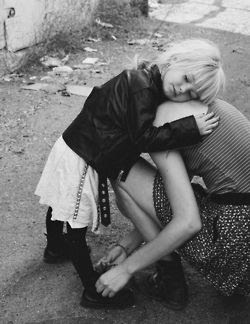I preached on the Good Samaritan at the jail last night,
remember, the victim was stripped, beaten and left half dead. That's the part I
focused on. I talked about how many of us are like the victim: stripped:
stripped of self-worth, our dignity, confidence and value as a
person.
Then of course beaten, abused, sexually assaulted and abandoned,
and lastly, left half dead; which of course abuse does; it robs our joy: and
life without joy is but half life; it steals our hope and crushes our
peace.
It was well received and after the service a fella about
35 came up to me and confided that his mother sexually assaulted and brutalized
him when he was a young child. She is still in prison, and has been for 31
years.
He was adopted at five and now he has a Masters in clinical
psychology, and has been a therapist for years. It was strange to talk to a
therapist who had not found healing for himself.
He said the kindest things to me, it was obvious the Lord
touched his heart in a real way and he, in a formal kind of way, gushed
affection towards me and repeated a number of times how he, just had to let me
know he was moved, and then he said, "I wish I had someone like you in my
life." That really got to me.
This man, sitting as a boy in need, touched my heart and I
sensed a warm flood of affection for him as his eyes welled up with past pain.
It was a "moment." Moments I live for.








